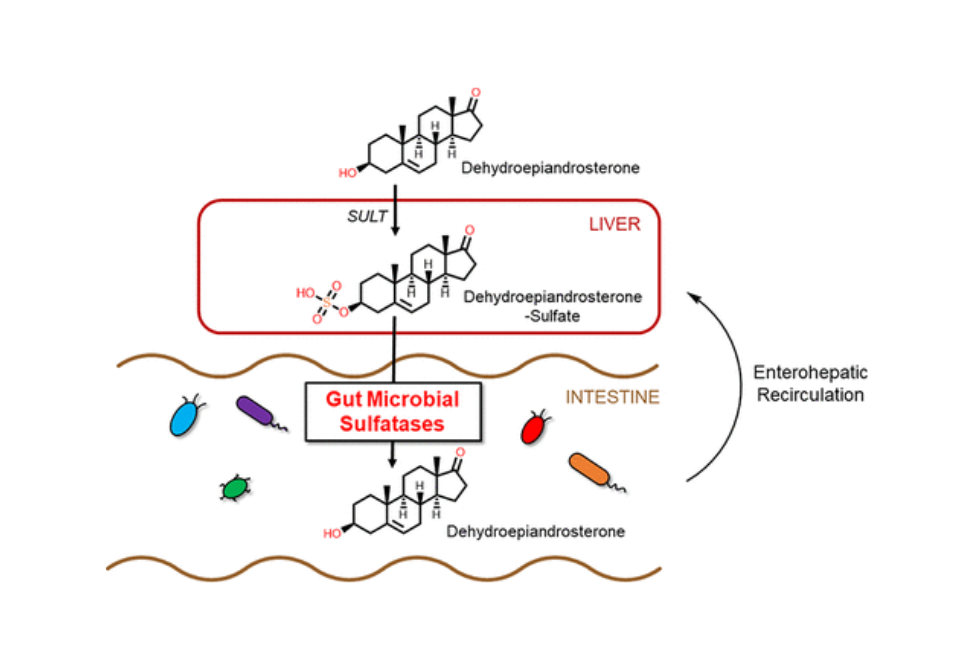Structural Insights into Endobiotic Reactivation by Human Gut Microbiome-Encoded Sulfatases
Abstract
Phase II drug metabolism inactivates xenobiotics and endobiotics through the addition of either a glucuronic acid or sulfate moiety prior to excretion, often via the gastrointestinal tract. While the human gut microbial β-glucuronidase enzymes that reactivate glucuronide conjugates in the intestines are becoming well characterized and even controlled by targeted inhibitors, the sulfatases encoded by the human gut microbiome have not been comprehensively examined. Gut microbial sulfatases are poised to reactivate xenobiotics and endobiotics, which are then capable of undergoing enterohepatic recirculation or exerting local effects on the gut epithelium. Here, using protein structure-guided methods, we identify 728 distinct microbiome-encoded sulfatase proteins from the 4.8 million unique proteins present in the Human Microbiome Project Stool Sample database and 1766 gut microbial sulfatases from the 9.9 million sequences in the Integrated Gene Catalogue. We purify a representative set of these sulfatases, elucidate crystal structures, and pinpoint unique structural motifs essential to endobiotic sulfate processing. Gut microbial sulfatases differentially process sulfated forms of the neurotransmitters serotonin and dopamine, and the hormones melatonin, estrone, dehydroepiandrosterone, and thyroxine in a manner dependent both on variabilities in active site architecture and on markedly distinct oligomeric states. Taken together, these data provide initial insights into the structural and functional diversity of gut microbial sulfatases, providing a path toward defining the roles these enzymes play in health and disease.
Structural Insights into Endobiotic Reactivation by Human Gut Microbiome-Encoded Sulfatases
Samantha M. Ervin, Joshua B. Simpson, Morgan E. Gibbs, Benjamin C. Creekmore, Lauren Lim, William G. Walton, Raad Z. Gharaibeh, and Matthew R. Redinbo
DOI: 10.1021/acs.biochem.0c00711


